Action – Research to foster community health insurance for women in Sédhiou, Senegal
Location Sédihou region, Senegal
Duration 2019-2022
Project leader COSPE
Partners Fédération des Associations Féminines du Sénégal (FAFS), Association Juristes Sénégalaises (AJS), Région Médicale de Sédhiou – Ministère de la Santé et de l’Action sociale, Global Health Center (CSG) – Meyer University Hospital, Cellule de Suivi Opérationnel des Programs de Lutte contre la Pauvreté (CSO – PLCP) –Ministère de la Femme, de la Famille et du Genre
Funding AICS – Italian Agency for Development Cooperation
Context
In Sédhiou, health rights are not granted for everybody especially not for women and girls.
The rooted patriarchal culture and the religious interpretation of sexuality affect deeply women and girls’ sexual and reproductive health. This pressure often results in genital mutilation, early marriages and pregnancies, maternal and infant mortality, violence and the spread of diseases (STDs and other).
Women can seldom decide over their own bodies and do not have enough autonomy to allocate economic resources to care for their health and do not have access to information and education.
The situation is complicated by inadequate medical infrastructures which lack of qualified personnel and by a widespread economic instability.
General objective
The project “BEING Women” aims at improving women’s sexual and reproductive health by supporting them in exercising their rights. The goal is to give women a voice on their sexual and reproductive rights, both in their households and through institutions, so that they can make informed decisions and have access to improved sexual health services in their area.
The objective of the study carried out by the Inclusive Development Unit is to provide in-depth knowledge of the dynamics related to the health coverage of families in order to encourage the experimentation of community health insurance.
Our contribution
The Inclusive Development Unit analyzed the context of the project from various perspectives. First, a literature review examined health system financing and reforms at the national level in Senegal. Second, a gender- sensitive perspective allowed to identify the most important factors influencing women’s access to health services. Finally, the Unit interviewed key stakeholders in the Sédhiou region to investigate the internal dynamics related to the health coverage of families, focusing on the main factors which affect utilisation of services and financial risk protection for health expenses.
Discover more on the Inclusive Development Unit
Related Projects
-

Betting on the Future: Youth and Territory in the Empolese Valdelsa Municipalities
-
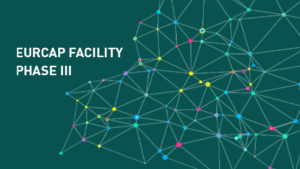
Capacity Building European Facility for the Readmission of Migrants – EURCAP, Final Evaluation
-
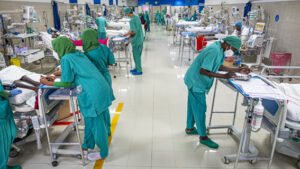
Final evaluation and SROI analysis of the project to train health personnel at the Salam Centre in Khartoum
-
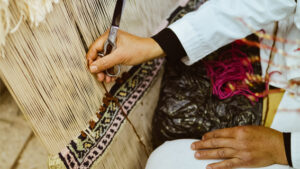
Action-research to foster the employment inclusion of persons with disabilities in Tunisia
-

What Women Want: women’s empowerment and aspirations in MENA countries.
-

Exploratory research on accessibility of health services in Mozambique
-

Action-Research to foster labour accessibility for young people with disabilities in Kenya
-
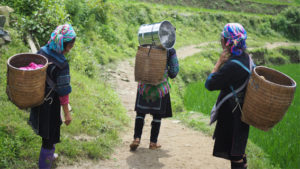
Evaluation of the project that aims to improve the health of the most vulnerable in Myanmar
-
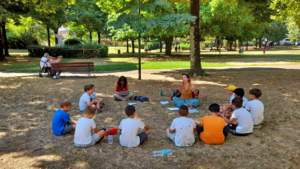
Action-Research for the Global Boyhood Initiative on stereotypes, gender roles and bullying
-
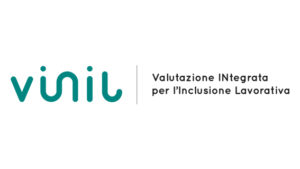
VINIL – employability assessment for persons with disabilities
-

Food Wave, Monitoring the project that promotes sustainable food consumption among young Europeans
-
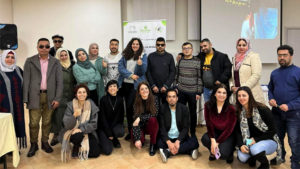
Nothing About Us Without Us: Emancipatory Research and Strategic Plan on disability in Palestine
-
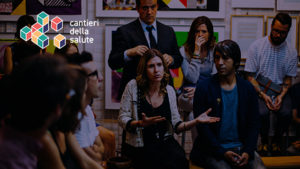
Monitoring and evaluation of the participatory processes of Cantieri della Salute in Tuscany
-

Market analysis to foster employment of young people in Mali
-
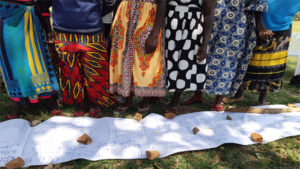
Action – Research to foster community health insurance for women in Sédhiou, Senegal
-
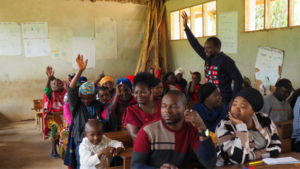
No One Left Behind: an Emancipatory Research for young people with disabilities in Tanzania
-
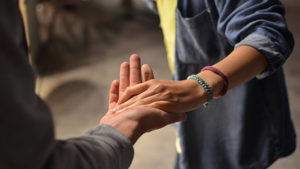
Social Board a model to contrast social exclusion, the case of Prato
-
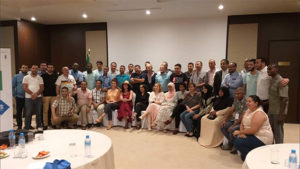
CapDeL: Incubation process for associative projects in Algeria
-

CapDeL: la ricerca al servizio dello sviluppo locale sostenibile in Algeria
-
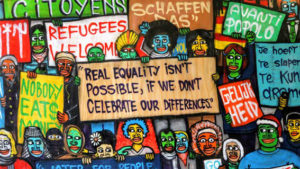
Evaluation of the SPRAR projects managed by ARCI Toscana
-

Need assessment to foster social inclusion in Tuscany
-
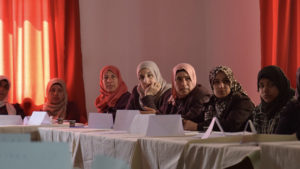
Promoting inclusive business and social entrepreneurship in Palestine
-
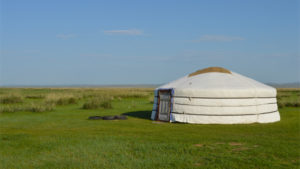
Final Evaluation of CBR Programme on disability and rights of persons with disabilities in Mongolia
-
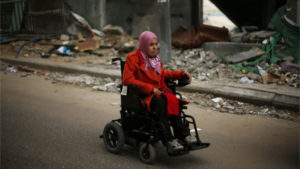
Emancipatory Research as a participatory approach to foster inclusion of women with disabilities in Palestine
-
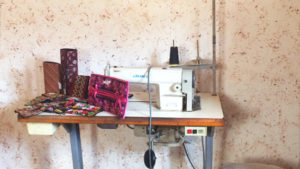
Research and consultancy for the inclusion of women with disabilities in the Gaza Strip
-
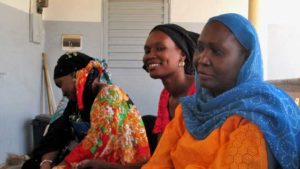
Action-Research for gender mainstreaming development in Senegal